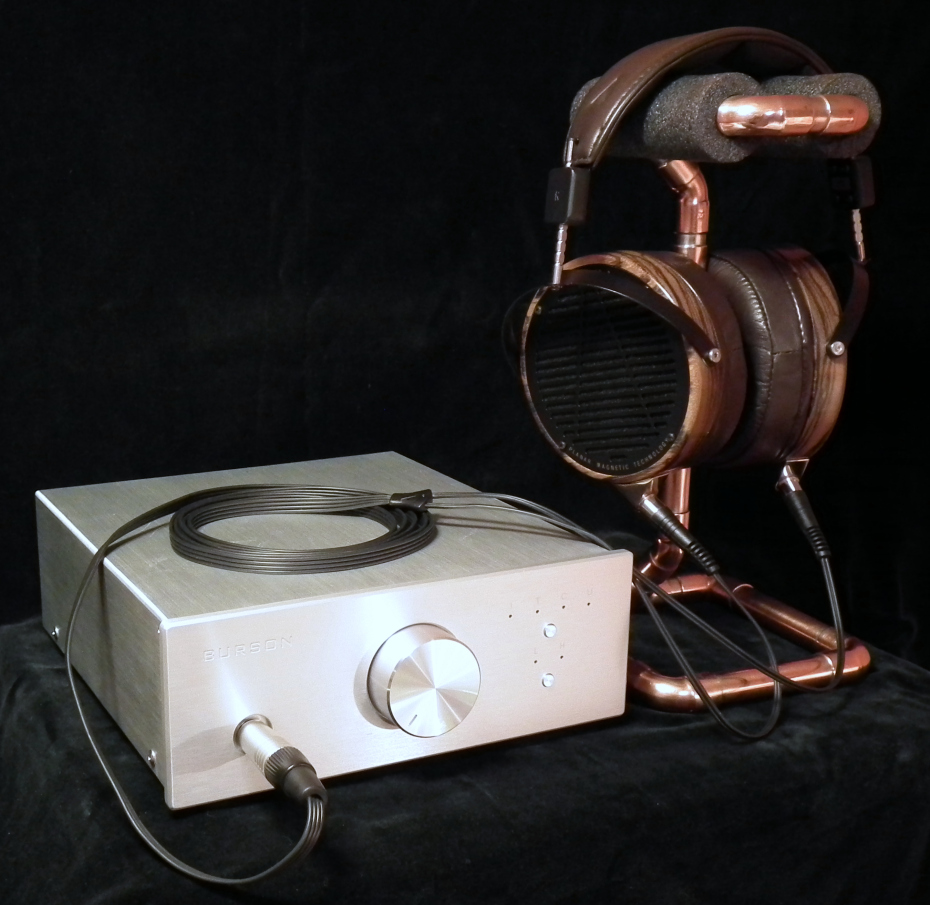Week 11 [15.01.2018-21.01.2018]Does the format of the sound track really matter for the best sound quality?
The first
and most important factor of sound quality is that if the original recording
quality is very poor, it will always sound bad even though it is saved as super
pure quality, one that can even weigh 20-50MB per minute. You can't create
something from nothing when you don't have enough information to represent real
sound.
I am
pretty sure you have heard about bitrate. If not in sound tracks, then in
video. In digital multimedia, the bitrate represents the amount of information,
or detail that is stored per unit of time of a recording. It is expressed in a
kbps (kilobits per second). So the bigger the file is, the better detail.
However , it only says what the limits of how good it could be are, not how it
actually is.
A standard
sound file is saved in mp3 which on average is 128kbps(videos like YouTube).
The maximum bitrate for mp3 file is 320kbps which is considered good sound
quality for this size of a file. That is why lossy mp3 format is used in radio
stations and music industry sold on
the internet.
Talking
about sound quality we also mention sample rate that refers to the number of
samples recorded per second when the analog sound waves are converted into a
digital file. 44.1kHz is common sampling frequency, because it is widely used
in CD. That is because of the Nyquist–Shannon sampling theorem that says the
sampling frequency must be greater than twice the maximum frequency one wishes
to reproduce. Since human hearing range is from 20Hz up to 20 000Hz, the
sampling rate has to be greater than 40 kHz. So why even use greater
sample rates when over 40 kHz should be enough? The extra samples can more
accurately capture the subtle stuff, like the breath of a vocalist or the
ambient sound of a recording venue.
|
||
These
are digital factors, but there is also a hardware factor. Sound quality is
determined by the quality of the gear used to record, mix and master music.
They influence sound quality far more than the release format. Moreover, the quality of a hardware of a listener is
also very important. If we use cheap headphones or speakers it won't matter if
we use an mp3 or lossless file like FLAC, WAV, ALAC because you won't hear the
difference. That is way it will be better to save some disk space and money,
and stick to the standard lossy file format (mp3, acc, wma).
Luckily
for us, we don't have to spend thousands of zlotys to enjoy music even more.
Nowadays most of the electronics have decent signal converters build in, so
headphones for 300 zlotys can already increase your music experience without
spending additional money on any amplifiers.
Unfortunately
high-resolution files are more expensive than standard definition files even by
100%. So is high resolution worth paying extra for? That depends on all the above
mentioned factors and if you are just a nerd that likes numbers and the placebo effect:)
Sources:
https://en.wikipedia.org/wiki/Lossless_compression
https://en.wikipedia.org/wiki/Audio_bit_depth
https://en.wikipedia.org/wiki/Sampling_(signal_processing)
https://www.cnet.com/news/best-sound-quality-does-the-format-really-matter/
https://www.grammy.com/grammys/news/let-your-music-out
https://en.wikipedia.org/wiki/Sampling_(signal_processing)
https://www.cnet.com/news/best-sound-quality-does-the-format-really-matter/
https://www.grammy.com/grammys/news/let-your-music-out
Images:



Comments
Funny thing about audiophiles. When you are young you have a good hearing but no money for a hardware. When you have money you are old and your hearing is worse and you can't hear everything ;)
But for me, MP3 or something else doesn't matter.
If this music has 320 kbps it's cool. But I don't understand, why each company wanna have only their formats audio for their devices.
For me, it's just okay to listen to music on spotify, with the tracks bitrate around 320 kbps. It sounds just fine on my setup.
Personally, I believe most of people (including me) can't really hear the difference between good and bad quality music. It's also quite funny when people buy speakears or headphones for thousands of zloty and plug it into smartphone, which has sound card with below-average quality.
And yes, it worth it to buy more expensive headphones. The music will sound much better.
The sound quality is an important aspect for me. I don't like listening to music at concerts or in clubs, where the only thing you hear is bass or rumbling. High-quality music as well as hearing equipment allows us to reflect what the author had in mind and create something unique. I would not have given out how much for audio equipment, but I like to have high-quality speakers.
While most of the public are satisfied with biedronka brand water, some of us want something more and consider it worth paying for.
P.S.
Another problem of digital music formats is that they have certain limitations when it comes to the range of sound they can successfully record and reproduce. For example they don't really handle classical music very well, so there always will be people who prefer the "real thing" (LP in this case).